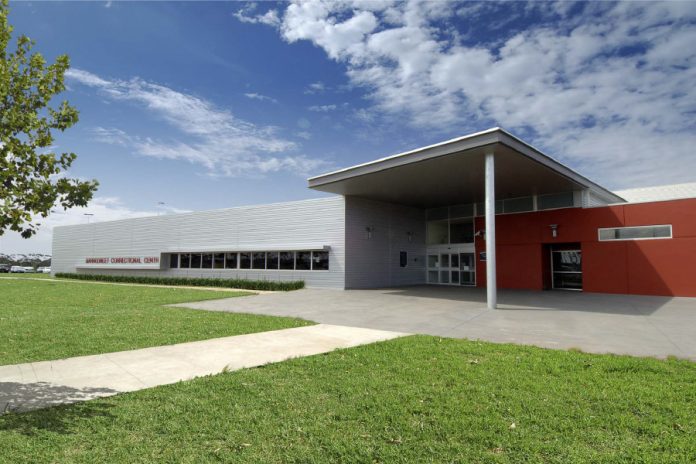GEELONG – facing an over-crowded jail cell crisis – will get only 27 of a proposed 80 temporary prison beds, state government has announced.
Shadow Minister for Corrections Martin Pakula said the announcement was a “massive failure of policy and imagination”.
“We have a situation in Geelong where crime is going up, prisons are overflowing and our hard working police are babysitting prisoners instead of tackling and reducing crime,” Mr Pakula said.
“I would have thought the whole point of being tough on crime would be to bring down the crime rate and the rate of re-offending.
“Instead both rates are rising and our prison population is ballooning. It is simply a massive failure of policy and of imagination.”
Victoria’s Police Association said police were “babysitting” more than three times the capacity of police cells.
Major regional centres like Geelong were dealing with numbers “far above what’s ideal and really beyond what’s acceptable,” the association said.
Outgoing upper house member David Koch announced nine relocatable units at Marngoneet Correctional Centre would be delivered by August.
Mr Koch said each unit could accommodate three medium security prisoners.
The other 18 units will be located at Fulham Correctional Centre in Sale.
“Relocatable units are already providing an important, immediate boost to capacity in Victoria’s corrections system, and today’s announcement will build on this,” Mr Koch said.
“The security and design of the units will be consistent with the standard security accommodation already at Marngoneet and Fulham prisons.
“The previous Labor government left Victoria’s prison system in a mess. The auditor-general found Labor was advised three times to build a new prison and three times failed to do so,” Mr Koch said.
A new 216-bed annexe at Marngoneet, due to be operational at the end of next year, will create more than 100 new jobs in the Geelong region.
Mr Koch said state government had opened more than 1000 prison beds since the start of 2011, with a further 2,500 in the pipeline.
Get the latest news to your email inbox FREE!
REGISTER






